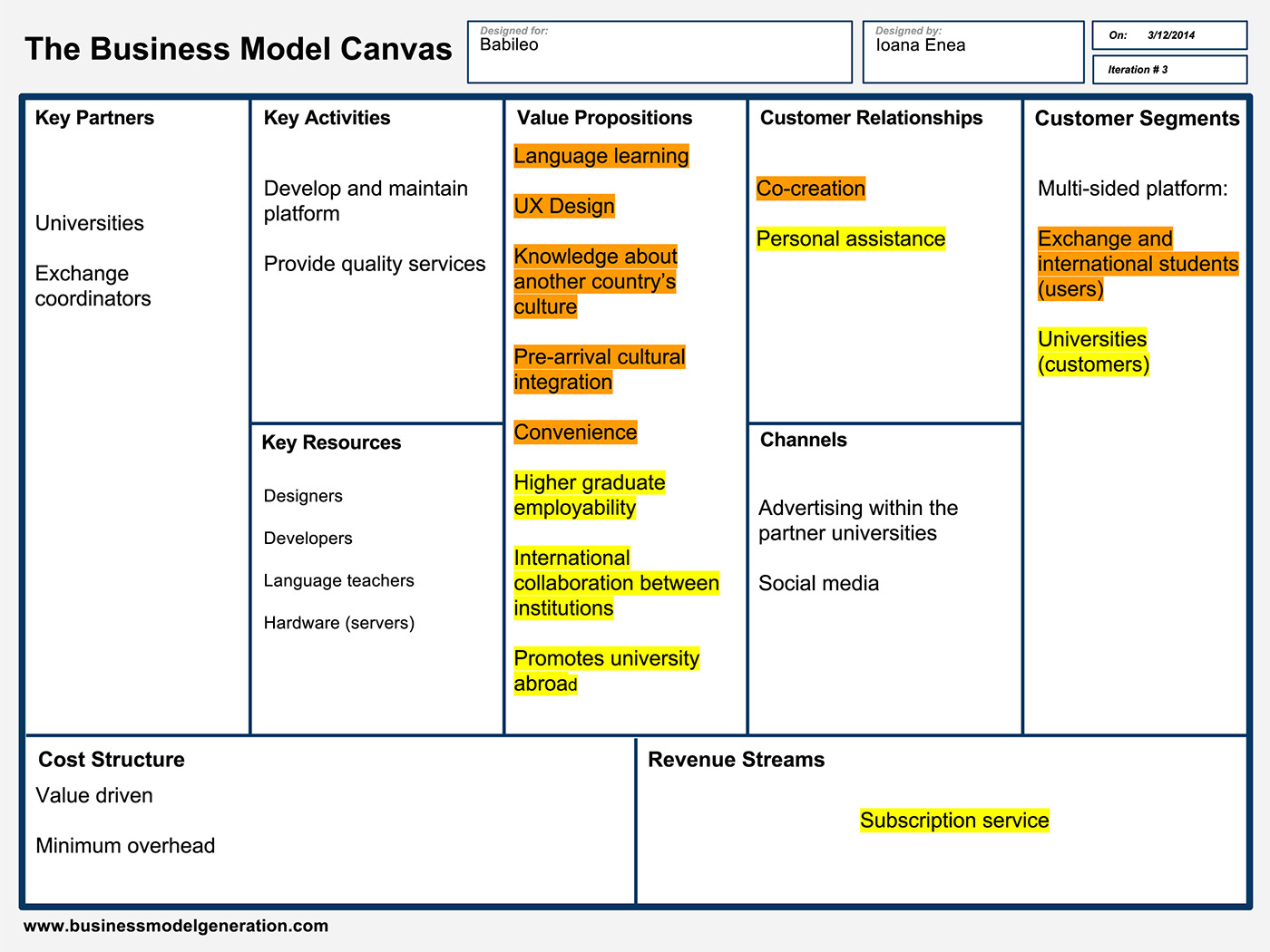I was interested in languages and teaching from an early age due to my mother. Being bilingual has opened up the world to me and I wanted other people to experience the same benefits.
I started my research on the project by interviewing various students that were learning a foreign language and identified the fact that most of them were using online resources to learn the language and struggled with speaking the language they were learning. By comparing various language learning online services I found out that there was a lack of bringing language learners together to practice the language. The ones I also spoke to the people from the International Office of my university and the ERASMUS programme leader to gain more of an understanding of language learners that existed within the university.
I came to the conclusion that ERASMUS students were the best to be the target users for my project as they needed to learn or practice a foreign language and learn more about the university and city that they will be exchanging in, such as how to rent a flat or insider tips on navigating the city.


User dashboard
Upon login, the user is presented with a dashboard. Here they can see and set their practice target for the week, the level of proficiency they're at and how many points they need to advance to the next level. They're also informed about upcoming scheduled sessions and the feedback they receive from native speakers.

"Learner interface"
Users take turns beind either learners or experts. Learners practice their target language with native speakers. They can interact with each other by using text, voice recordings or live video chat. The learner also has access to a community generated phrasebook which they can use during the conversation.

"Expert" interface
An "expert" helps another student with their target language. You can be an "expert" in a language if it is your native one or if you use it in university.

Contribute interface
Students can contribute to the phrasebook by either translating phrases from their native language to their target one, or by making sure that the phrase translations make sense in their native language. If they cannot find a phrase to use in a conversation, they can send a request to the community to have it translated.
Babileo was also the subject of my dissertation, in which I prototype how this social network might work as a business.

Business model canvas showing how Babileo might work as a service

